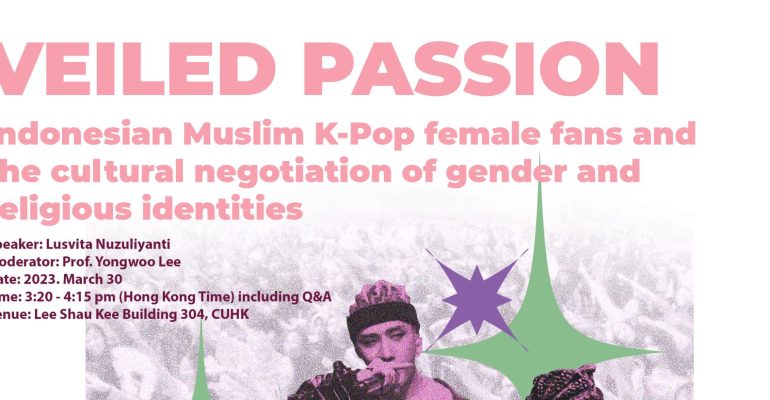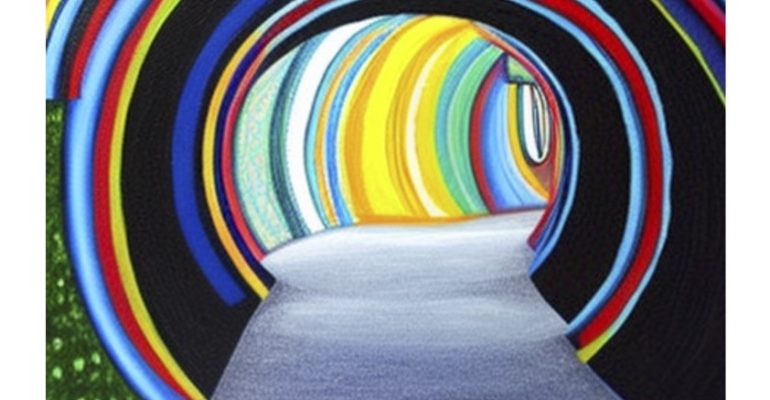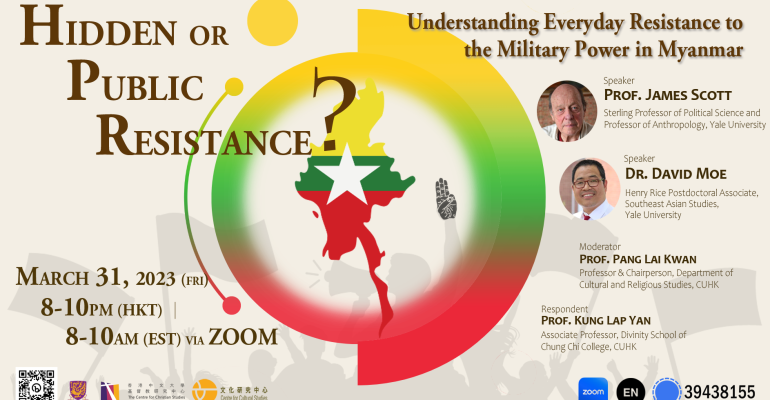
文化研究關鍵詞: 表演藝術 Research Keywords for Cultural Studies: Performing Arts

文化研究關鍵詞: 遊戲研究 Research keywords for Cultural Studies: Game Studies

文化研究關鍵詞: 生態/廢品研究 Research keywords for Cultural Studies: Waste Studies

文化研究關鍵詞: 東南亞媒體及文化 Research keywords for Cultural Studies: Southeast Asian Media and Culture

文化研究關鍵詞: 獨立電影 Research keywords for Cultural Studies: Independent film

Research Keywords
Upcoming Events
Check out the events for 2023
March 30, 2023


Veiled Passion: Indonesian Muslim K-Pop female fans and the cultural negotiation of gender and religious identities
03:20 pm - 04:15 pm @ Upcoming events Learn More
MACM Alumni Symposium 2023 on Cultural Mediation | 香港中文大學文化管理碩士課程校友論壇2023:文化中介篇
@ Upcoming events Learn More
March 31, 2023



